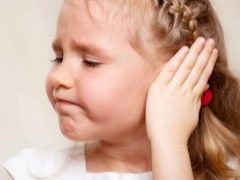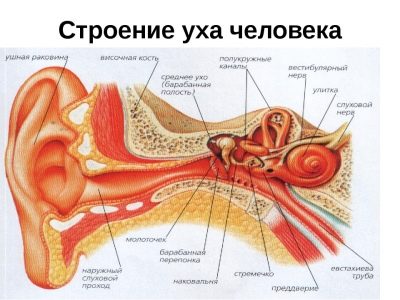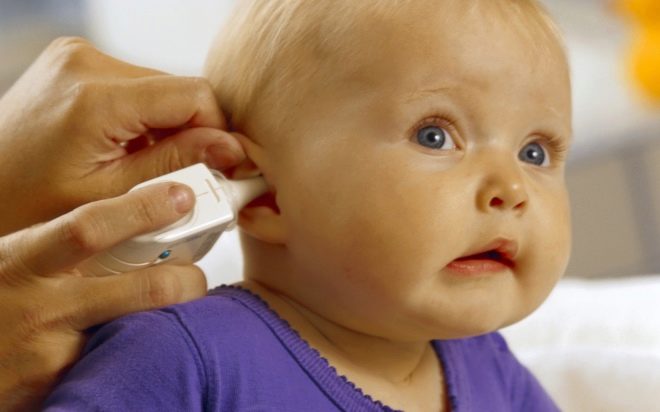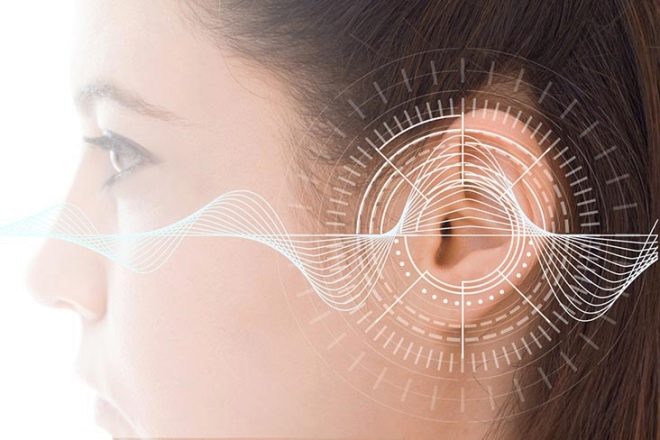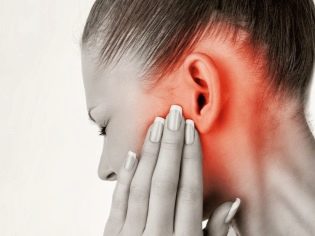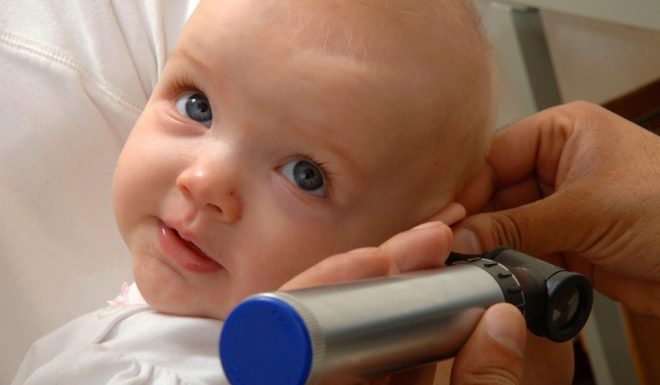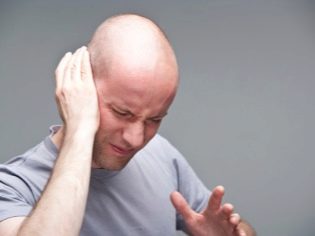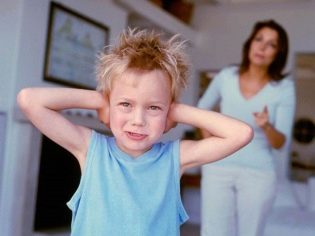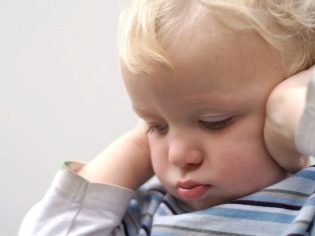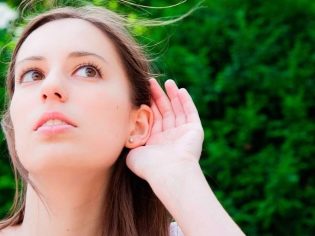Psychosomatics of ear problems in adults and children
Hearing problems are more common in childhood. Experts explain this by the narrowness and characteristics of the location of the auditory tube, frequent colds and viral diseases. But there are other reasons that can cause dysfunction of the ears at very different ages.
We will describe what psychosomatics of the hearing organs and problems with them are in this article.
general information
Ears give a person the ability to perceive sound information. Without it, the idea of the world around us will be incomplete. Hearing is closely related to speech and brain development. That is why children who are born deaf or hard of hearing experience enormous difficulties in learning spoken language - there is no way to reproduce something that the ear does not catch.
The ears have a rather complex anatomical structure. They consist of the outer, middle and inner ear, each of these departments functions due to rather complex mechanisms of sound reception, transmission and processing of information.
Ear diseases can show up in people of very different ages.
The most common otitis is acute and chronic. There are fungal lesions - otomycosis. Recently, an increasing number of cases of sensorineural hearing loss (both congenital and acquired) has been recorded. Not all diseases of the ears lead to hearing loss, not always hearing loss is irreversible. But any, even a slight violation of the functioning of the ears significantly impairs the quality of human life.
There are children who very often suffer from inflammatory processes in the ears. There are children who begin to lose their hearing for unknown reasons. And here psychosomatics can come to the rescue.which relies not only on the physiology and anatomy, but also on the psychogenic factors of the development of certain diseases.
Psychosomatic causes
Psychosomatic medicine considers the ears as an extremely important organ. Pay attention: they are located closer to the other organs to the brain. Considering that the ears receive and transmit sounds, they provide a person with contact with the outside world, receiving auditory information. Auditory information is a special channel. She is responsible for long-range forecasting.
What we see with our eyes is happening now or seems to us in dreams, dreams. What we perceive by touch is what mattersJust here and now. Auditory information is an opportunity for a person to use what he heard for long-range planning his life.. “I heard, I know” - it is not by chance that the information heard is then checked, followed or not followed, but after some analytical work of the brain.
A teenager chooses an institution of higher education not because he has seen or touched him, but because he has heard a lot about him or about the profession he is taught in.
Adults often make purchases, not because they have already tried this product and are delighted with its quality, but because they have heard positive reviews about it.
Our ears are locators that capture information from the world long before we see a visual image.
Before we see the train, we hear it approaching, before we see the dog behind the fence, we hear its barking, which causes us to be more careful, because the brain immediately commands to beware.
The most successful in forecasting and planning people (businessmen, politicians, diplomats) are very often eared - they have large ears, and the shamans of some African tribes still expand their ears with punctures and weights in order to “hear better” the future - the weather, changes, natural disasters, threats of the tribe. If they do not “hear” the future, they will simply cease to enjoy authority with their fellow tribesmen.
Ears always give true information about the events that will happen soon (remember the sound of the wheels of the train and the fact that we see the train itself in just a few seconds). Ears dreaminess and care in dreams, like eyes.
They do not invent anything, they do not “embellish”; they only represent reality as it really is.
therefore Any problems with ears in psychosomatics are regarded as problems with the perception of information about the future.. A person either does not want to hear what is waiting for him, or does not accept criticism aimed at changing his future.
Ears hurt when a person internally denies what he heard, does not want to listen to something or someone. As a result, the subconscious mind clearly fulfills its purpose - to save the "owner" from negative emotions. It simply blocks auditory information. - in part or in full, on time or on an ongoing basis.
The left ear hurts, makes noise, lays in case of unwillingness to receive information concerning relatives, relatives, family members, relatives, friends. According to psychosomatic science, the right ear symbolizes the professional sphere, work, money, career issues.
Pain and noise, reduced hearing in the right ear - the reluctance to get some information about the real future in business matters. It is also believed that the right ear is “responsible” for communication with the outside world, and the left ear is responsible for the ability to hear oneself, one’s intuition and one’s inner voice.
If pathology is bilateral, then it means that a person angrily and vehemently denies the world from without and himself in it., does not see, does not hear his future in the circumstances, is afraid of the world, not sure that he chose the right path and that that path will lead him to well-being.
Adult features
Since otitis is considered the most frequent, it should start with it. The inflammation of one of the ear sections suggests that a person does not want to hear something and is irritated and even angry about it.
Psychosomatic direction in medicine examines otitis in adults as a warning signal that a person has chosen the wrong direction, it is dangerous for him, sometimes - deadly. The ear "catches" the danger signal long before something should happen, and begins to attract the attention of the person through the inflammatory process.
If you listen carefully to yourself, you can see other additional intuitive tips of the body. But we live in a frenzied rhythm, and do not always listen to our intuition.
Frequent problems with the ears, tinnitus (noise, ringing), people who do not like to hear criticism suffer from hearing losswho react painfully to her, who are skeptical or contemptuous of other people's advice, being completely confident in their own exceptional rightness.
Too self-confident, pompous, important, they deny any negative auditory signals.therefore, the body fulfills their desire not to hear, then the hearing decreases.
Childhood diseases
Children's psychosomatics of ear problems is much more difficult for adults. Sick, make noise, ring, inflame or stop hearing your ears as children can for a variety of reasons.
Let's look at the most common ones.
Adult pressure. It happens that adults, trying to predict a certain future for a child, are too insistent.If a child “does not hear” positive long-range predictions about his own future planned by mom and dad, he starts having problems with his ears. He does not want to become a swimmer or a pianist, he does not dream of a military career and does not "hear" himself in this. But parents are persistent. In order to stop the flow of negative information about an alien life path that does not belong to him, the child subconsciously limits his hearing possibilities.
The kid "drowns out" reality. Sometimes a child has no other choice but to just drown the world, leave the flow of information that causes him pain and suffering. This happens in families where the child hears a lot of shouting, swearing, hysterics, swear words of the mother and father. The problems with the ears are necessary for him in order for his head to finally come to the peace and quiet he dreams of.
As with adults, among schoolchildren and teenagers, the reason may lie in their unwillingness to listen to criticism. This affects children with the so-called "excellent student syndrome", who are used to everything and always be the first. It is easier for them not to hear at all, than to perceive by ear what can hurt them.
Treat ear problems only in the complex.. The therapy prescribed by ENT alone will not be enough, if the internal cause is not found and resolved, the problem does not go away or will return quickly after a little relief.
To hear well, you just need to want to hear everything - the sounds of nature, the words of all people, even critical and painful. If with gratitude, without malice to learn to accept information, the hearing will be better.
More on psychosomatic hearing - in the next video.
